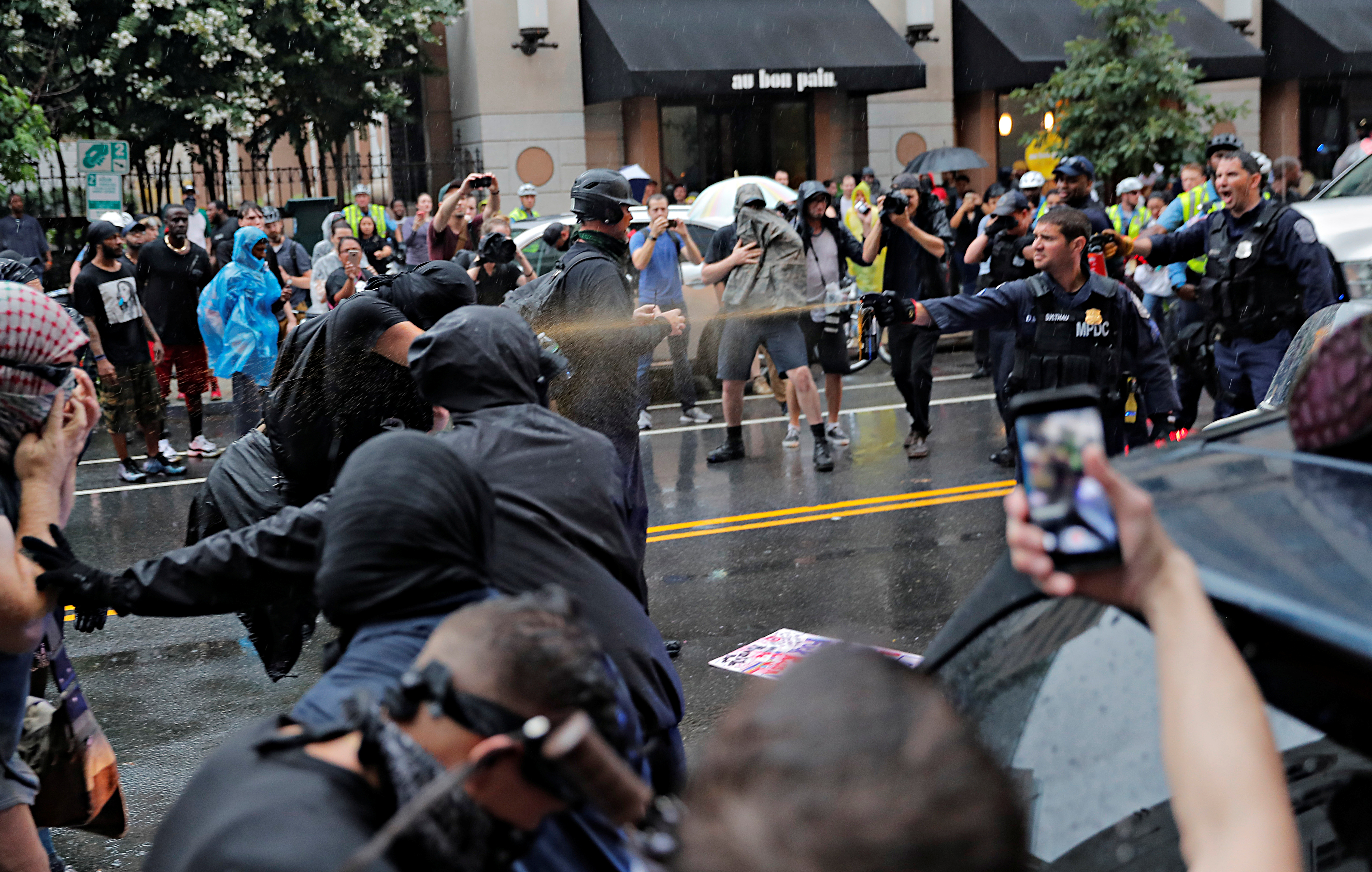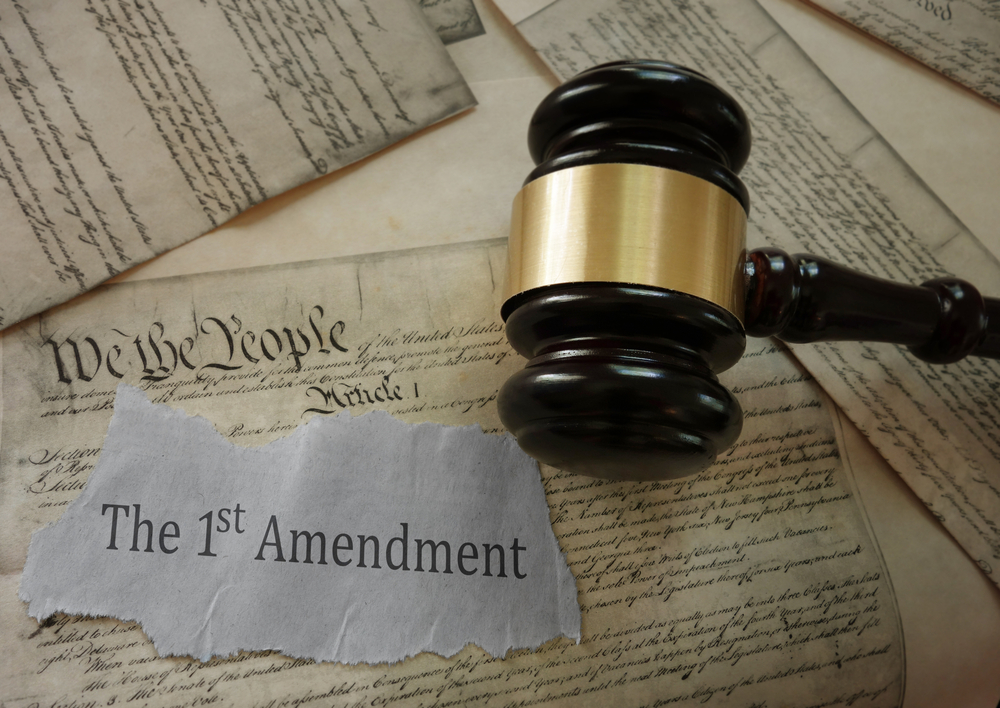Fourth Circuit Rules Parts of Federal Anti-Riot Act Violate First Amendment
The Fourth Circuit is the first federal appellate court to find parts of the law unconstitutionally overbroad under the First Amendment. The ruling could impact Attorney General William P. Barr’s plan to use the law to prosecute individuals accused of inciting riots during the demonstrations following the police killing of George Floyd.
Federal Judge Throws Out Charges Against White Supremacist Citing Free Speech Violations
A federal judge in Los Angeles threw out charges against three alleged white supremacists, saying that the First Amendment protected their speech. Robert Rundo, Robert Boman, and Aaron Eason, members of the Rise Above Movement (RAM), had been charged with conspiracy to commit rioting under the Anti Riot Act of 1968. The trio allegedly used the Internet to coordinate combat training, travel to protests, and attacks on protestors at three gatherings in California. District Court Judge Carmac J. Carney ruled that the federal Anti Riot Act, which was enacted during the civil rights movement and the Vietnam War, was too broad in regulating free speech.

